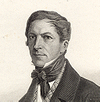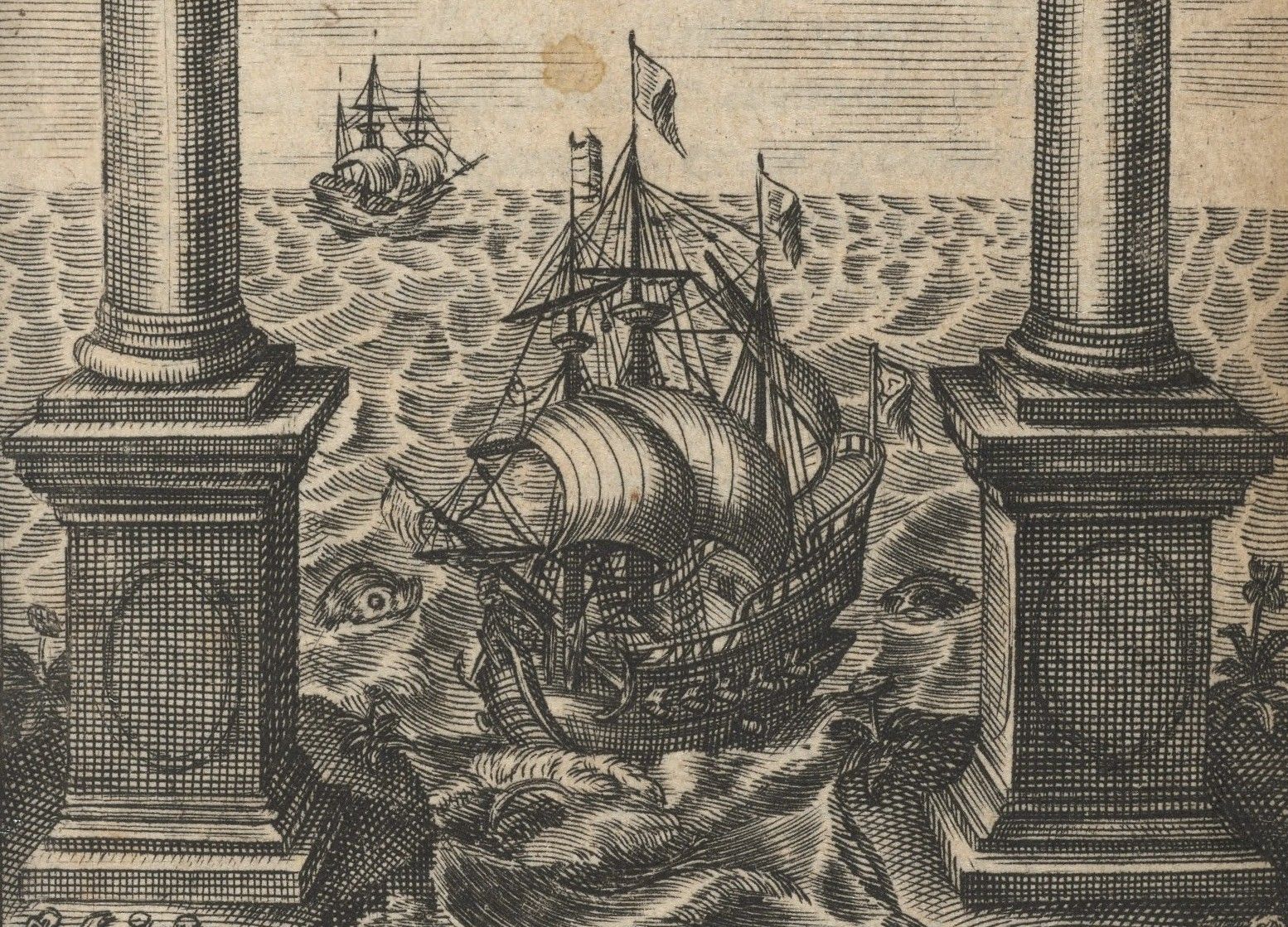“God did not stop the spread of the virus.” Andrew Cuomo, governor of New York — one of the states hit hardest by COVID-19 — said to the press in mid-April, “And what we do, how we act, will dictate how that virus spreads.” Amid a (perhaps) admirable call to personal responsibility during an unprecedented time of crisis came a theologically laden remark which was quickly criticized by everyone from the governor’s fellow Catholics to fundamentalist evangelicals. But far more than being a comment of deep philosophical or pragmatic political import, Governor Cuomo’s statement evinced the final decoupling of ideas which have long held an uneasy alliance: the theologically-motivated view of America, and the humanistic idea of political and scientific progress as the ultimate goal of mankind.
Despite the relatively mild reception of the Governor’s telling remarks, many people of all stripes still hold on tightly to the ideas which he bisected. The idea of a theological America as a “Christian America” is often negatively associated with the “city on a hill” mentality of historical Manifest Destiny and modern American exceptionalism. But even the most devoted secularist has likely sung along to George Washington’s “Everyone shall sit under their own vine and fig tree, and no one shall make them afraid,” as rendered by Christopher Jackson in the hit Broadway musical Hamilton. Certainly this secular interpretation — in which the progress of political liberalism and scientific humanism ushers in the Kingdom of God — in many ways rings truer to the Enlightenment ideals of the Founding Fathers than does the rather crass romanticization of the “Christian nation.” But even if we put aside the anachronistic notion of a fundamentalist founding, America has always (at least since its European discovery) been the incubator for the theological hopes and dreams of the West.
Take for instance Francis Bacon, a prominent figure in the English court during the late 16th and early 17th centuries. Bacon was chiefly a statesman and was influential to the founding of the British colonies of North America. He was also a philosopher with a keen interest in scientific progress. What would be called the “Baconian method,” though vastly inferior to subsequent “scientific methods,” was an important historical milestone of the so-called Scientific Revolution. But these two interests he maintained were by no means independent. The burgeoning development of transatlantic exploration and trade had a profound influence on his philosophical thinking about the discipline of science. The great and unfinished overarching work of his philosophical venture, the Great Instauration, bore on its cover page artwork of a ship sailing beyond two pillars, representing the Pillars of Hercules which stand at the edge of the “old world,” separating the Mediterranean and the Atlantic. Beneath it was emblazoned a motto taken from a Biblical prophecy about the end times: “But thou, O Daniel, shut up the words, and seal the book, even to the time of the end: many shall run to and fro, and knowledge shall be increased” (Daniel 12:4, KJV). Quite literally, in his mind, the colonization of America and the birth of the new science heralded the fulfillment of the joint prophecy that “many shall run to and fro, and knowledge shall be increased.” The Kingdom of God had come forth in the form of scientific humanism, and America was its cradle.
Francis Bacon, like Andrew Cuomo, was a professing Christian. Yet in his statement to the press about COVID-19, Cuomo finished what Bacon started. Looking for God’s blessing on your political and scientific enterprises is one thing, but problems lie on the horizon when your “God” becomes suspiciously identical to these affairs. For Bacon, the prayer “thy kingdom come, thy will be done” inched closer to “the New World come, science be done.” As he put it in New Atlantis, the goal of science is “enlarging the bounds of human empire,” to “the effecting of all things possible.” All things possible! These days it should come as no surprise that we cease to offer prayers altogether — finally freed from the remnants of that pesky holdover that God is still behind these things and blessing our work. Gone is the God who intervenes supernaturally to help his chosen people. Gone even is the chosen people (though that concept admittedly held out in an enervated and politicized form for far too long). Here is the God who does nothing and means nothing, except for those few whose “practical reason” still holds out hope for justice in some ethereal afterlife. In the “real world,” however, the realm of possibilities (as Kierkegaard observed in The Sickness Unto Death) has been contained neatly within the realm of probabilities — those things which can be manipulated by good science. God did not stop the spread of the virus.
So what do we do, now that this late-stage “theological Americanism” has successfully discarded both its theology and its Americanism? With this quarantine and its preservation of public health at the expense of individual well-being, it becomes ever more clear that the hollow shell of scientific humanism which remains cannot solve our problems. But this has only served to reveal the deficiencies inherent in the modern social order. Perhaps it’s time for a Great Instauration along a different track than the one we’ve walked these past four hundred years.

